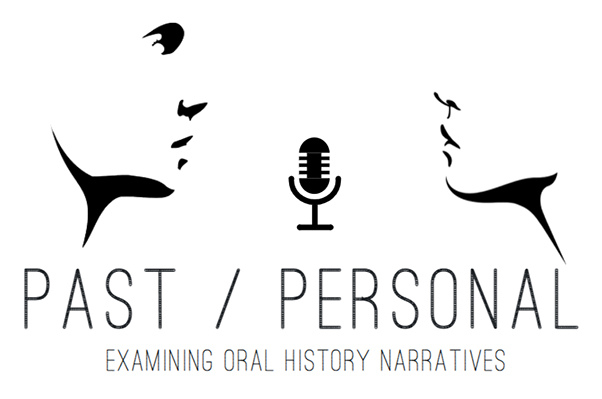 Oral histories are intentionally-created sources that document personal experiences of the past. For several decades CSUN students, faculty, and others have conducted oral history interviews with individuals who lived through significant historical events, participated in social movements, or experienced cultural trends that have shaped modern sociocultural perspectives. Some were completed as stand-alone interviews, while others were part of broader projects that focus on a particular theme, subject, event, or community.
Oral histories are intentionally-created sources that document personal experiences of the past. For several decades CSUN students, faculty, and others have conducted oral history interviews with individuals who lived through significant historical events, participated in social movements, or experienced cultural trends that have shaped modern sociocultural perspectives. Some were completed as stand-alone interviews, while others were part of broader projects that focus on a particular theme, subject, event, or community.
Oral histories are tools for understanding the ways in which individuals make sense of their own pasts, and use memory to interpret their lives and the world around them. Perhaps most importantly, they can document communities previously ignored or concealed in the historical record by contributing perspectives that challenge and enhance dominant cultural narratives. Further, they invite listeners to investigate silences and discrepancies between different peoples' memories.
Memory can be distorted by age, biases in interviewers and interviewees, and the primacy of well-established narratives, but this inherent unreliability can also be a strength. An oral history's exclusive focus on a single individual can amplify under-documented perspectives. While the insertion of un-checked bias into the record is a danger, individual subjectivity can provide listeners clues about what historical experiences meant to real people, the interplay between memory and personal identity, the challenges of interpreting memories within broader cultural contexts, and even the conflict between personal and historical truth.